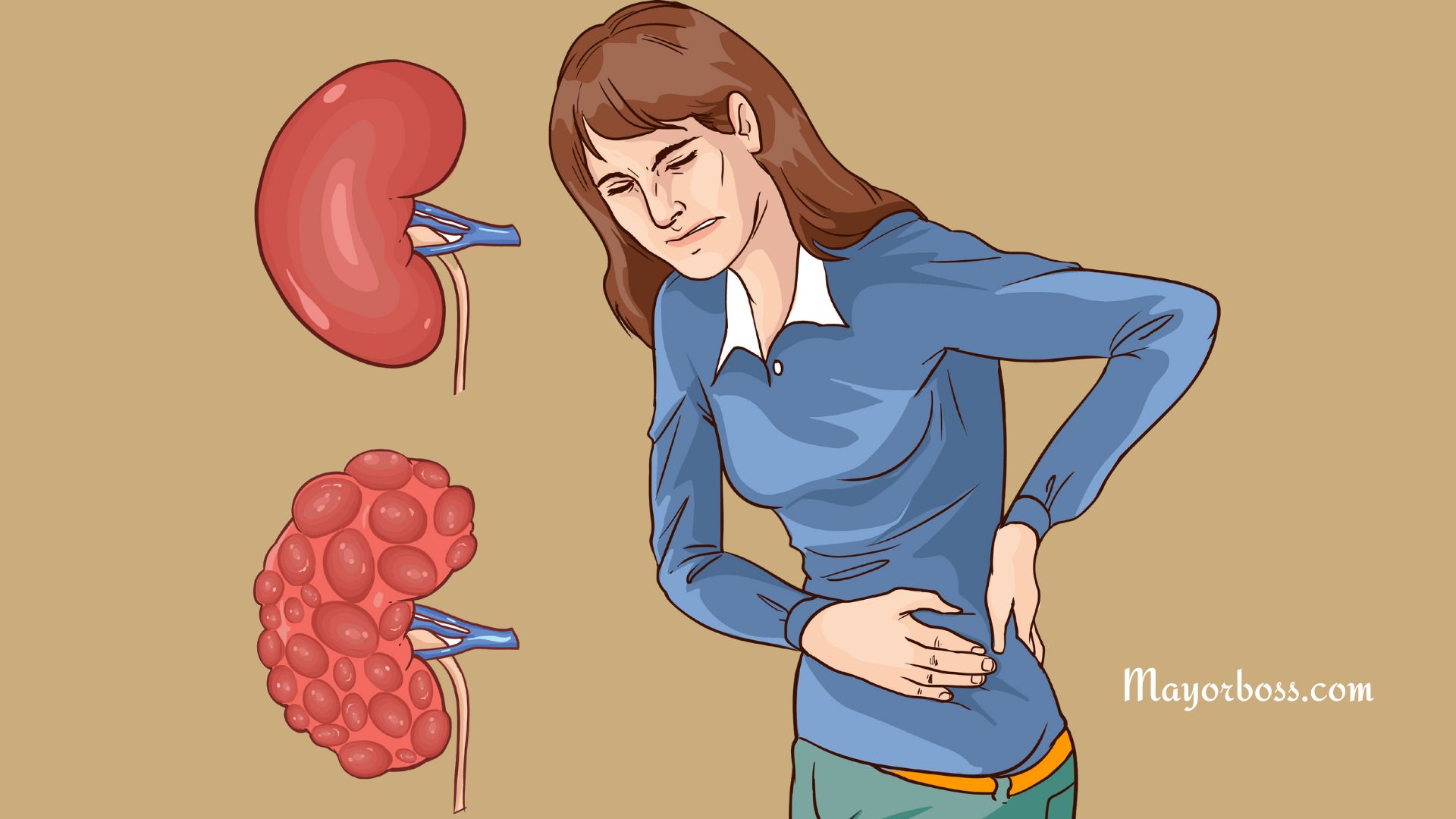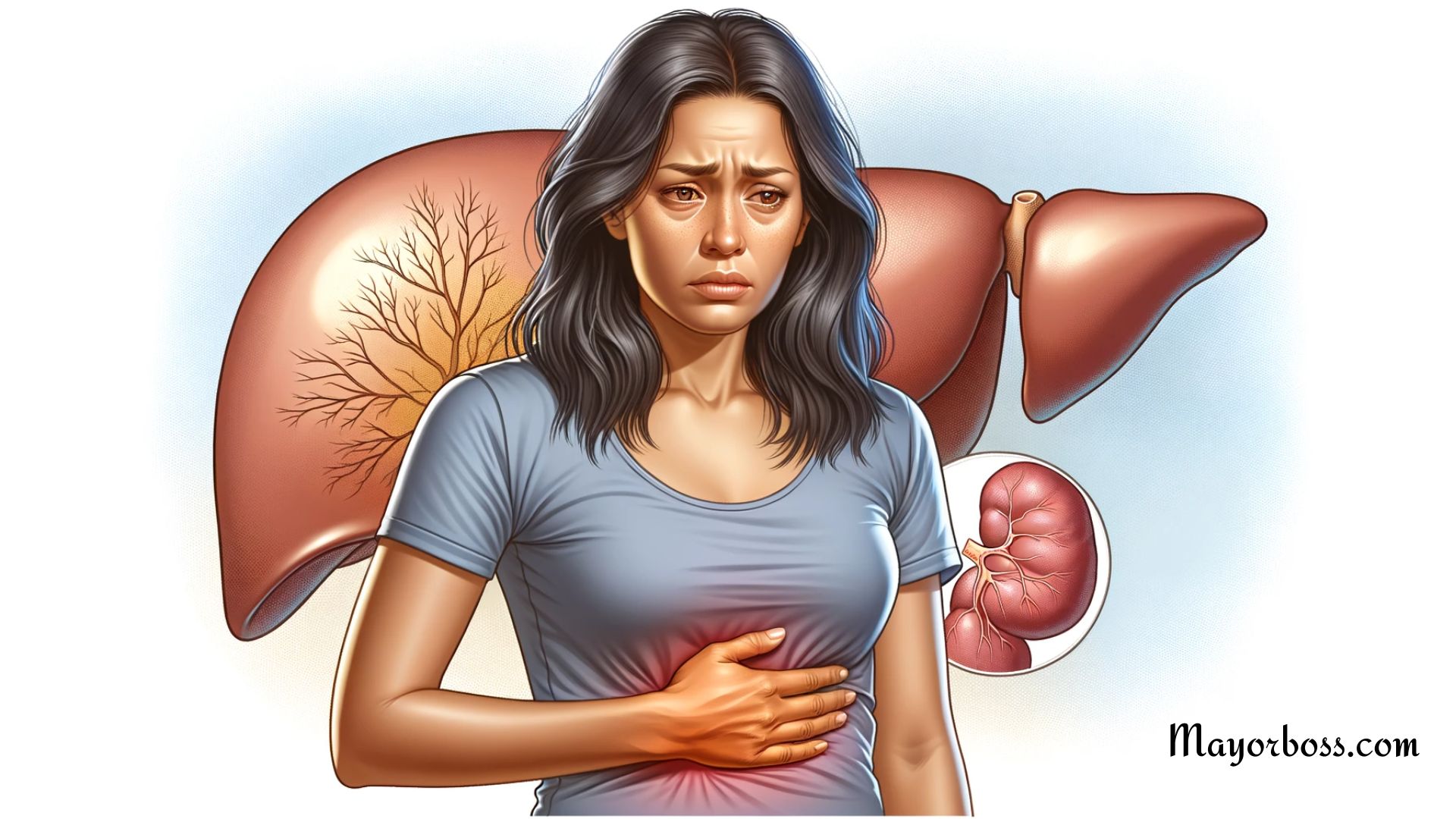7 Foods That Destroy Your Kidney
Let’s talk about something we often overlook that is crucial for our well-being—our kidneys. They work tirelessly to filter out toxins, balance fluids and produce vital hormones. But did you know that certain foods can sabotage their efforts? That’s right! Here are seven foods that can harm your kidneys and what you should know about them.

1. Dark Sodas
Sodas, especially dark sodas like colas, are loaded with artificial phosphorus. Phosphorus is a mineral essential for strong bones, and healthy kidneys can filter out excess phosphorus from food. However, the artificial phosphorus in dark sodas is a different story. It can be tough on the kidneys and potentially harmful. Moreover, dietitians advise against consuming dark sodas due to their high added sugar content. For kidney health, it’s best to avoid them altogether.
2. Processed Meats
Processed meats like bacon, sausage, and deli meats are notorious for their high sodium and preservative content. These foods can wreak havoc on your kidneys by increasing the burden on them to filter out all the extra salt and preservatives. Regular consumption of processed meats can contribute to hypertension and, consequently, kidney damage. To protect your kidneys, try opting for fresh, unprocessed meats.
3. Canned Foods
Canned foods are convenient but often contain high levels of sodium and preservatives to prolong their shelf life. While they are great for quick meals, the high sodium content can strain your kidneys. It’s better to choose fresh or frozen vegetables and cook them yourself to control the sodium levels. If you must use canned foods, look for those labeled “low sodium” or “no salt added.”
4. Frozen Dinners
Frozen dinners might be convenient, but they are often ultra-processed and packed with sodium. It’s not unusual for these meals to contain over 1,000 milligrams of sodium per serving. Excessive sodium intake is detrimental to kidney health as it can lead to hypertension, which is a major risk factor for kidney disease. The National Kidney Foundation recommends limiting sodium intake to 2,300 mg per day for most individuals, but those with kidney disease should aim for even less—around 1,500 mg per day.
5. Dairy Products
Dairy products like milk, cheese, and yogurt are rich in calcium and protein, which are beneficial in moderation. However, for individuals with kidney disease or those at risk, too much dairy can lead to the buildup of waste in the bloodstream because the kidneys can’t process it effectively. High calcium levels can also contribute to kidney stones. Moderation is key, and it’s smart to consult your healthcare provider about your dairy intake.
6. Pickles and Olives
Pickles and olives might be tasty additions to your meals, but they are often soaked in brine, making them extremely high in sodium. High-sodium foods like these can increase blood pressure and strain the kidneys. If you love these foods, try to consume them in moderation and opt for low-sodium versions when available.
7. Artificial Sweeteners
Artificial sweeteners are often used as sugar substitutes in diet sodas, sugar-free snacks, and other products marketed as healthier options. However, these sweeteners can be hard on the kidneys, especially when consumed in large quantities. Studies suggest that excessive intake of artificial sweeteners can lead to a decline in kidney function. It’s better to use natural sweeteners like honey or maple syrup in moderation.
FAQs
Q1: Can drinking plenty of water help protect my kidneys? Absolutely! Staying well-hydrated helps your kidneys function properly by flushing out toxins and preventing the formation of kidney stones. Aim for at least eight glasses of water a day.
Q2: Are there any foods that support kidney health? Yes, foods like berries, apples, fish, and leafy greens are great for kidney health. They are low in sodium and rich in antioxidants, which help decrease inflammation and protect your kidneys.
Q3: Should I avoid all high-protein foods if I have kidney issues? Not necessarily. While it’s important to monitor protein intake, you don’t have to avoid it completely. Focus on high-quality proteins like fish, poultry, and eggs, and consult your healthcare provider to determine the right amount for you.






